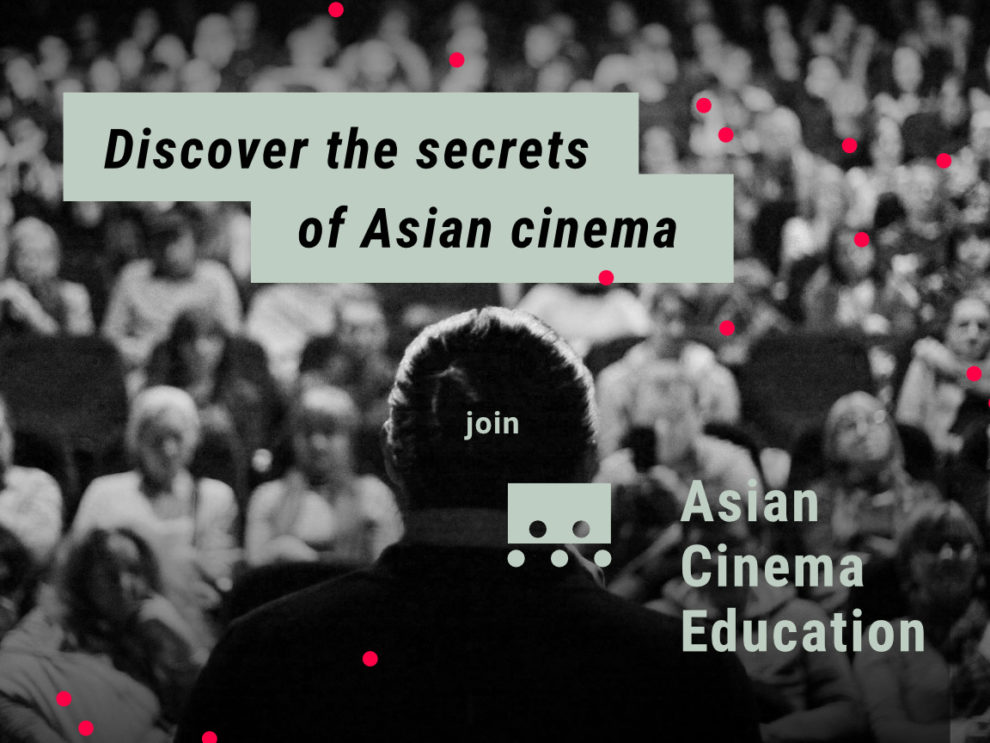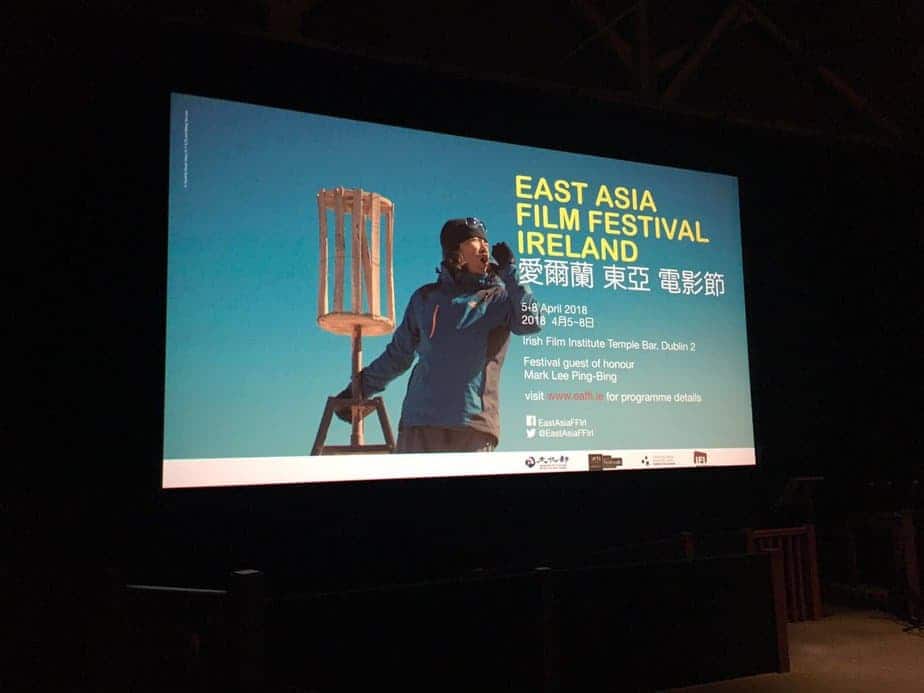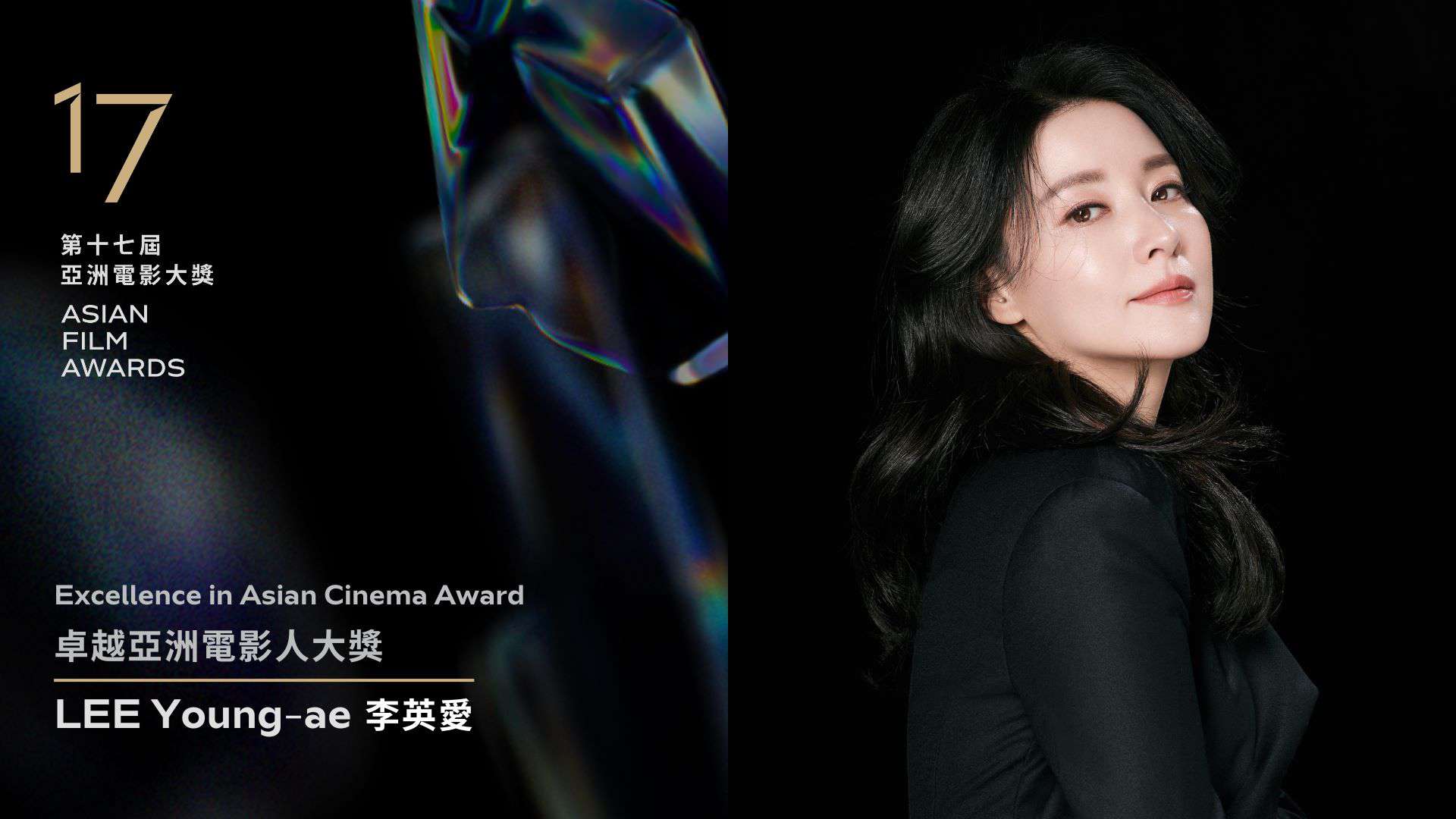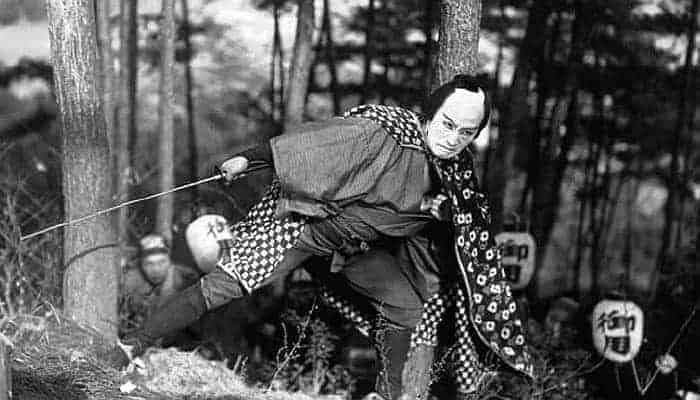Asian Cinema Education is an invitation to a journey through contemporary Asian cinema and an encouragement to learn how to talk and write about it. The platform was created to fill in the blanks in the knowledge of modern Asian cinema. This is a unique opportunity for all Asian film lovers and future film critics to debate the key phenomena in the cinemas of South and Southeast Asia hand-in-hand with experts and film organizers.
Check the Facebook group of the project
The project was initiated by film festivals promoting Asian culture in the EU: Five Flavours Asian Film Festival from Poland, CAMERA JAPAN Festival from Holland, Udine Far East Film Festival from Italy, and Helsinki Cine Aasia from Finland. The organizations are a part of the informal Network of Asian Film Festivals in Europe (NAFFE). Their mission is not only to create a gripping film program, but also to infect the audiences with the passion for Asian cinema by creating an appealing educational offer. Thanks to the debates, workshops, and lectures held at the festivals, the viewers gain new skills and widen their knowledge of cinema and other cultures. The educational activities accompanying the festivals are incidental in nature, but their informality, openness and the lack of registration is a source of great value. They give the viewers a chance to participate casually, without obligations or consequences. The spontaneous participation often turns into a passion, a desire to investigate film themes, and to learn about the culture and sociopolitical situation in Asian countries.
Asian Cinema Education is a project which aims to include the educational offer in the year-round festival activities, allowing the audiences to participate in open, expert lectures on Asian cinema all at any time throughout the year. It is also an opportunity to participate in free courses on film journalism and criticism, and to join a festival Jury.
Asian Cinema Education three main components
Lectures: Once upon a time in Asia. A tour though East and Southeast Asian Cinema
Sixteen fascinating international meetings devoted to various aspects of Asian cinemas are a real treat for film art enthusiasts. They invite you to dive into the nuances of Asian films and discover their sociocultural contexts, aesthetic traditions, relations between films, daily lives, and the current events taking place in Asia. During the course you will learn about the characteristic aspects of the directorial style of Park Chan-wook and the portrayals of women in Korean films of the 1950s, but also find out how Chinese cinema changed Hollywood and how “Jurassic Park” influenced the politics of film subsidies in South Korea.
The speakers include renown lecturers and people actively involved in promoting Asian cinema worldwide, true film lovers restless in their pursuit of intriguing connections and surprising contexts. They include authorities such as the Korean cinema specialist Darcy Paquet, Kiki Fung, a researcher cooperating with numerous film festivals, and the Japanese pop culture expert, Tom Mes.
The first four meetings devoted, among others, to Korean cinema and women directors from Asia, are available from May 5. More lectures are coming every two weeks, till July 28.
The lectures are available with Polish, English, Dutch, Italian, and Finnish subtitles. The lectures are open to everyone, you don’t need to register to participate.
Lectures program
- Key Moments in Korean Film History
Darcy Paquet [from May 5]
A general introduction to the history of South Korean film, from its origins in the 1910s and 1920s up until the mid-1990s, which is often seen as the starting point of contemporary Korean cinema. The lecturer describes some of the dramatic events in 20th century Korean history, and outlines the achievements that filmmakers made in the face of political turmoil, strict censorship and widespread social upheaval.
- Our Time Has Come: Women Directors of Contemporary Asian Cinema
Jagoda Murczyńska [from May 5]
The lecture is a brief guide to the history of Asian women’s cinema, presenting the profiles of selected auteurs who have significantly influenced the cinemas of their countries and thrived in many areas of the film industry. The lecturer talks about female mentors, such as Ann Hui and Marilou Diaz-Abbaya, as well as female directors who debuted in the 2000s and contributed to the female wave in contemporary world cinema.
- Chūshingura: The 47 Ronin. From Puppet Play to Hollywood and All the Way to AKB48 (Or Not Quite?)
Luk van Haute [from May 5]
The legend of 47 ronin is one of the most popular Japanese stories, regularly reappearing in the form of theater, literature, and film. Where does the power of the story come from? Why is the moral dilemma it carries still raising heated debates? What is the connection between ethical dilemmas of the early 18th century and contemporary pop culture?
- New Korean Cinema
Darcy Paquet [from May 5]
The lecture explores the modern-day renaissance in Korean film known as “New Korean Cinema”. Topics covered in the lecture include “How New Korean Cinema Was Born,” which considers the factors that led to the Korean film industry’s sudden boom; “Genres in New Korean Cinema,” which describes how Korean filmmakers’ unique approach to genre helped to create a distinctive aesthetic; and “Four Major Directors,” which introduces the leading filmmakers Park Chan-wook, Lee Chang-dong, Hong Sangsoo and Bong Joon Ho.
- V-Cinema: The Video Revolution in Japan – Tom Mes [from May 19]
- The Poetics of Chinese-Language Cinema – Kiki Fung [from May 19]
- The Success of the Chinese Film Industry in the 21st century and its Impact on Mainstream Cinema – Marcin Krasnowolski [from June 2]
- Production History of Japanese Cinema – Eija Niskanen [from June 2]
- How Japanese is Anime? – Tom Mes [from June 16]
- Japanese Horror and Science Fiction Cinema – Leena Eerolainen [from June 16]
- Theatre and Dance in Asian Cinema – Anna Thuring [from June 30]
- The Horror and the Glory: Writing and Rewriting History in Japanese Cinema – Luk van Haute [from June 30]
- Cinema of Bhutan: Out of Influences – Jakub Królikowski [from July 14]
- Cinema of the Philippines – Roger Garcia [from July 14]
- Contemporary Indian cinema as the reflection of a changing society – Marcin Krasnowolski [from July 28]
- Chinese Film Industry: From the Fifth-Generation to Blockbuster Cinema – Eija Niskanen, Jani Joenniemi [from July 28]
Asian cinema: How to talk and write about it? An International Online Course in Film Journalism and Criticism
This is the first educational activity of the kind available online, without any restrictions. Its creators believe that it will be a wonderful, fascinating journey, inspiring the participants to continue their professional popularization of Asian cinema, which is still not receiving enough attention worldwide.
The series of webinars, which will be made available in September, consists of 40 webinars divided into three independent thematic parts. Part one is devoted to the analysis and interpretation of Asian films and longer written forms. Part two focuses on journalistic skills needed while working for a film festival. Part three is a fascinating journey in time, the history of film journalism on Asian cinema.
International People’s Jury
Asian Cinema Education also invites you for a once-in-a-lifetime adventure – becoming a member of the Five Flavours Film Festival’s International People’s Jury in November. The Jury will be composed of twelve Asian cinema enthusiasts from Poland, Italy, Holland, and Finland. The Jury members select the best film of the New Asian Cinema section. But Jury debates and festival meetings are not all. During the eight-day stay in Warsaw, the jurors will widen their film horizons, improve their writing and editing skills, learn about various aspects of organizing a film festival and participate in the intense festival life. Registration for the People’s Jury will open on September 1.
Project leader
Five Flavours Asian Film Festival, Poland

Five Flavours is a film festival presenting cinema from East and Southeast Asia as well as giving an opportunity to discover Asian culture, discuss art, politics and challenges of the contemporary world. The screenings are accompanied by in-depth discussions, lectures and meetings with filmmakers, which aim to present the contemporary face of various Asian cultures in the broadest possible manner. Five Flavours is also a VOD platform, operating in the rhythm of cyclical programs, which enables access to Asian cinema to people from all over Poland. Film screenings are considered an educational tool, broadening horizons, building intercultural dialogue and raising awareness of the problems of the contemporary world.
Next edition: November 17 – 28, 2021.
Project partners
CAMERA JAPAN Festival, Netherlands

CAMERA JAPAN is a Japanese cultural festival organised in Rotterdam every year since 2006. The main focus is on film, but it also explores the visual arts, music, dance, fashion, architecture, food, and much more. Every autumn, the festival takes a selection of films from the programme to Amsterdam for a weekend of screening the best, the weirdest, and the most unexpected cinema from Japan.
Next edition: September 22 – October 3, 2021.
Udine Far East Film Festival, Italy

First opening its doors in Udine on the 10th of April 1999 and going on to become the main European outpost for Asian cinema, the Far East Film Festival has always been home to authentic legends like Jackie Chan and Joe Hisaishi, cult directors like Johnnie To and Takashi Miike, stars, divas and key players. Even the terrible 2020 couldn’t stop it – it just moved online. Inclusive and pop-culture-centric, the FEFF doesn’t end after the 9 days of the festival but continues throughout the year with film and TV distribution, home video and even streaming, with the Fareastream digital platform.
Next edition: June 24 – July 2, 2021.
Helsinki Cine Aasia, Finland

Helsinki Cine Aasia, established in 2012 by four women, who all have studied in Asia and mastered at least one Asian language, aims to present contemporary East Asian and Southeast Asian Cinema to Finnish audiences. The festival wants to widen the concept of Asian cinema in Finland by representing new filmmakers, new styles of filmmaking, and new topics in film, and to show the variety and vibrancy of current filmmaking in the region. The festival’s focus is in feature-length fiction, but also documentaries, short films and animations are included in the program. The film program is enriched by guest filmmaker talks and discussion events with specialists which aim to highlight the social, political, historical and aesthetic qualities of particular films. Festival accompanying events include live Asian dance performances and an Asian music club evening.
Next edition: summer 2021.















